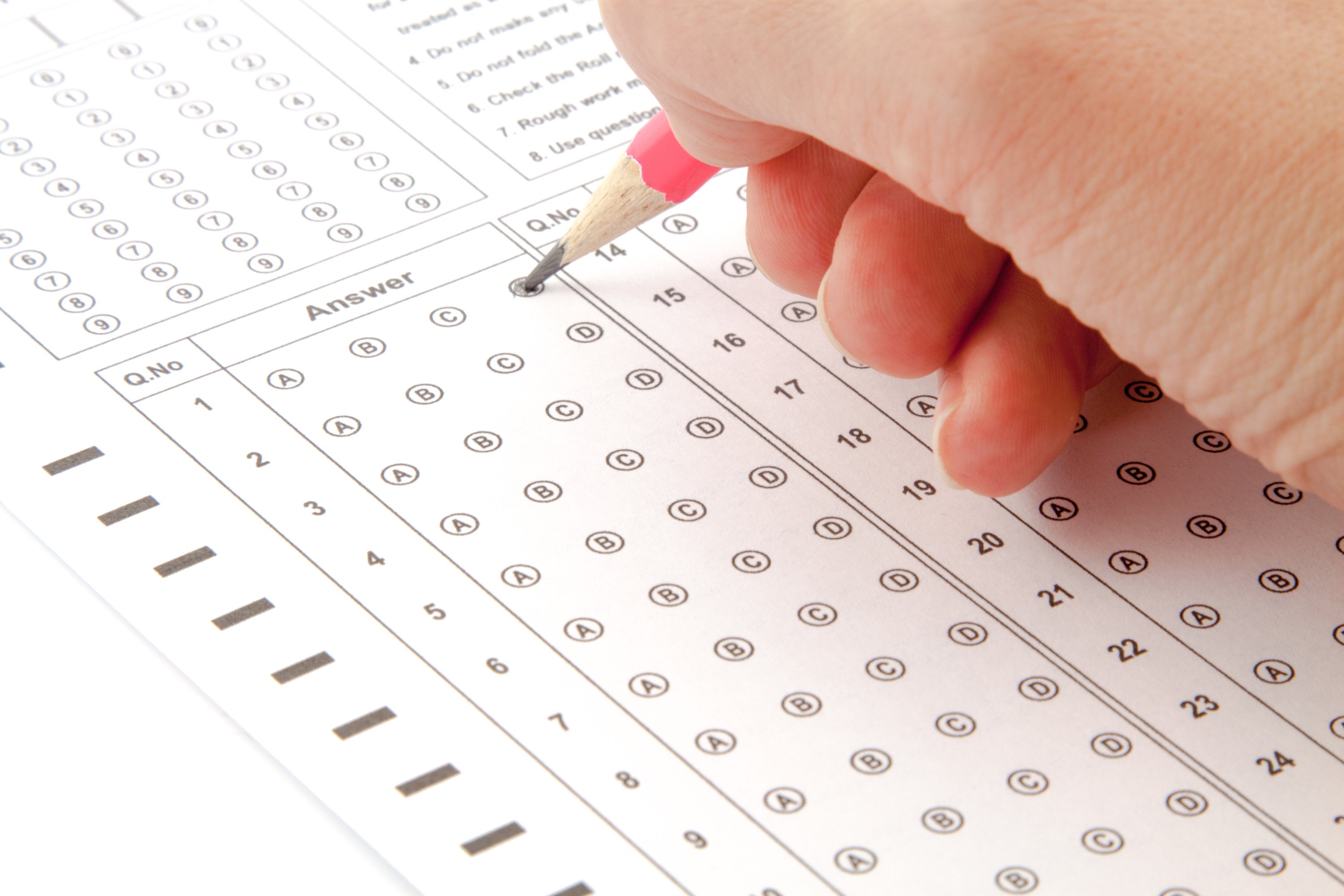We talk a lot about “reading the room” here at Collegewise. It’s a marker that usually sets apart what a good versus a great counselor looks like. Building on cultural humility allows college counselors to holistically understand the perspective, needs, and questions families carry into the process.
Recently, we’ve seen a major uptick in anti-Asian hate crimes. Based on police reports, there have been over 3,800 acts of anti-Asian hate crimes across America since COVID-19. We’re also learning how discrimination has impacted the very health of Asian Americans. As a counselor, it’s important to note that our students are impacted politically, sociologically, and culturally. No matter where you’re geographically located, it should be noted that Asian Americans are the fastest growing population in America based on Pew’s Research. For our profession, this means we will most likely see a growing number of students who identify as one of the 19 identified Asian origin groups in America.
As I was researching for this post, I couldn’t find a lot of literature on how high school and college counselors support or serve Asian American students. What I found was educational material available for teachers and general educators. I am tapping resources that may not speak directly to the work of counseling, but in general hold practices and principles we as counselors can integrate into our daily work as we serve Asian and Asian Americans within this current cultural climate. Although I’m focusing on the Asian and Asian American experience from the lens of a college counselor in light of the increase in anti-Asian hate crimes, I do hope this blog will help you counsel students from all backgrounds.
Understand Asian and Asian American history.
There is so much to the Asian and Asian American history that gets overlooked or swept over. As you work with Asian American families, learn about the history, immigration patterns, racism against Asians in America, and origin stories, which will provide additional context and strengthen cultural competencies. Another element to understanding Asian and Asian American history is recognizing cultural practices and how they show up in your conversations with students and parents. Learning more about Asian culture and practices will help you understand how a parent or student may approach the college process – which colleges are considered, which are not, SAT/ACT prep and testing, rigor of courses, major focus, parental-familial dynamic and career expectation.
It should be noted that not every Asian American-identifying student will fall into a specific “box,” but being aware of how cultural expectations and religious practices inform decision making will help you empathize and lead with curiosity and support.
Be aware of your own racial identity and unconscious bias.
Research shows that 79% of public school teachers in America in 2017-2018 were white and revealed an imbalance of representation between students and teachers. Further studies have shown that racial identity development in educators actually helps the classroom dynamic and success of students of color. Unpacking your own racial identity and reviewing unconscious and implicit bias is a foundational process to learning how to best serve the students sitting in front of you.
Ask yourself, “How do my racial identity and biases consciously and unconsciously influence my work, how I counsel, and what questions I ask? What do I notice in my conversations with an Asian American student or family, and what colleges do I tend to expose my Asian American students to, and why?” Many of us at Collegewise have done the Implicit Bias assessment to start understanding our own biases and engage in the racial identity developmental process.
Be sensitive and stay sensitive.
As counselors, we sometimes have to see beyond what meets the eye. Students sometimes struggle with fully expressing what they mean, what they think, or what they need help with.
Take some time to press into opportunities where you can ask thoughtful questions that center the student and their lived experience.
Here are a few questions to consider as you begin to grow in sensitivity:
- Are there incidents of bullying/cyberbullying within the high school’s student body aimed at Asian/Asian American students, specifically?
- Do you know if your students are located in a city where recent AAPI hate crimes have been reported? Consider what recent news or media highlights might be instilling anxiety and fear or triggering a sense of loss in safety.
- Are your students living with a parent/grandparent/guardian who may have experienced recent upticks in racial discrimination or attacks?
- Is there a language difference that requires a bit more sensitivity?
The MGH (Massachusetts General Hospital) for Cross-Cultural Student Emotional Wellness recently surveyed Asian American students to share what they wish their teachers understood about their identity. Their responses reveal how certain pressures and expectations can impact their whole being, and not just their own sense of value and worth, but their parents and community also.
Our work as college counselors is deeply personal.
We’re not all mental health counselors or social workers (although, at many high schools, those who work as college counselors also work as mental health counselors). For those with the luxury of only one hat to wear, we may not be trained or asked to be a mental health counselor, and it’s important to note those distinctions. But we are involved in a helping profession that cares for the entire person. Word to the wise: don’t do this work alone, and if you see something, say something! Together we can reduce the stigma, and counsel our Asian and Asian American students and families in a holistic way that leads them to a happier, more successful future in college and in life.
Resources to tap:
- Continue to educate yourself about anti-Asian hate
- Anti-Asian violence resources
- Mental health resource you can share out
- Understand AAPI mental health
- Addressing Anti-Asian Racism with Students
- Know where most AAPI live in the US
- Additional resources for learning how to support your AAPI Community
About Us: With more than twenty years of experience, Collegewise counselors and tutors are at the forefront of the ever-evolving admissions landscape. Our work has always centered on you: the student. And just like we’ve always done, we look for ways for you to be your best self - whether it’s in the classroom, in your applications or in the right-fit college environment. Our range of tools include counseling, test prep, academic tutoring, and essay management, all with the support of our proprietary platform, leading to a 4x higher than average admissions rates.



.png?width=600&height=200&name=Blog%20CTAs%20(7).png)

